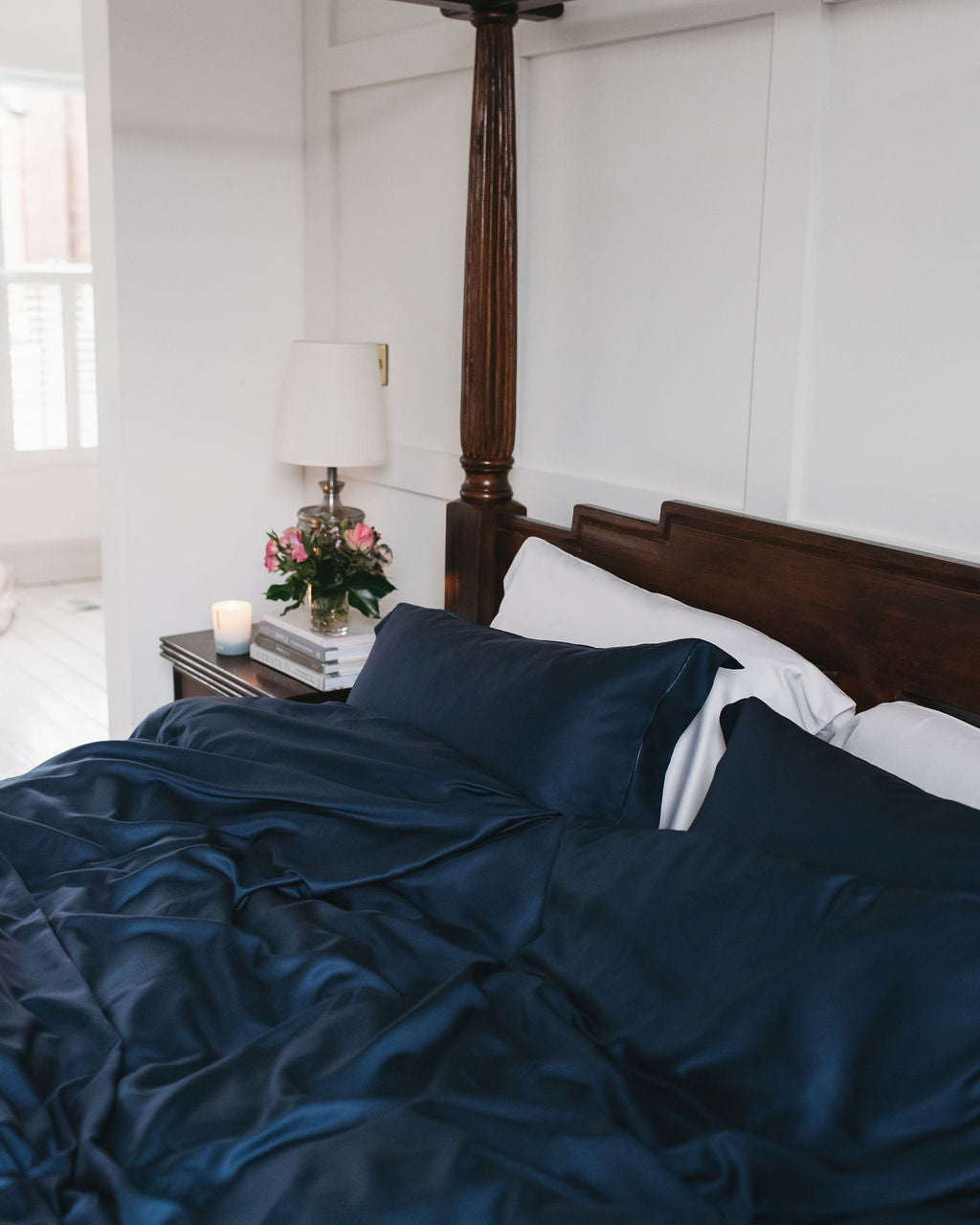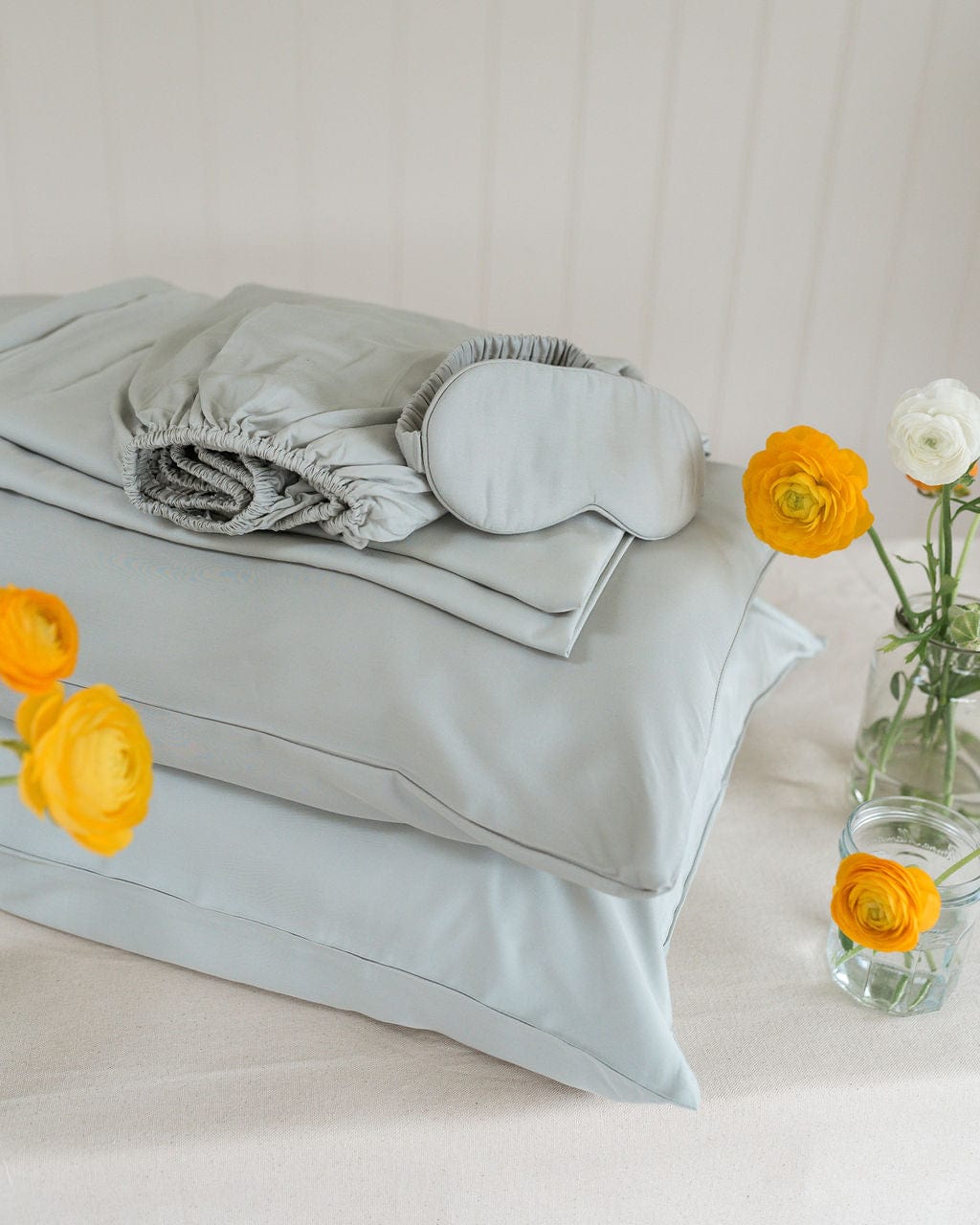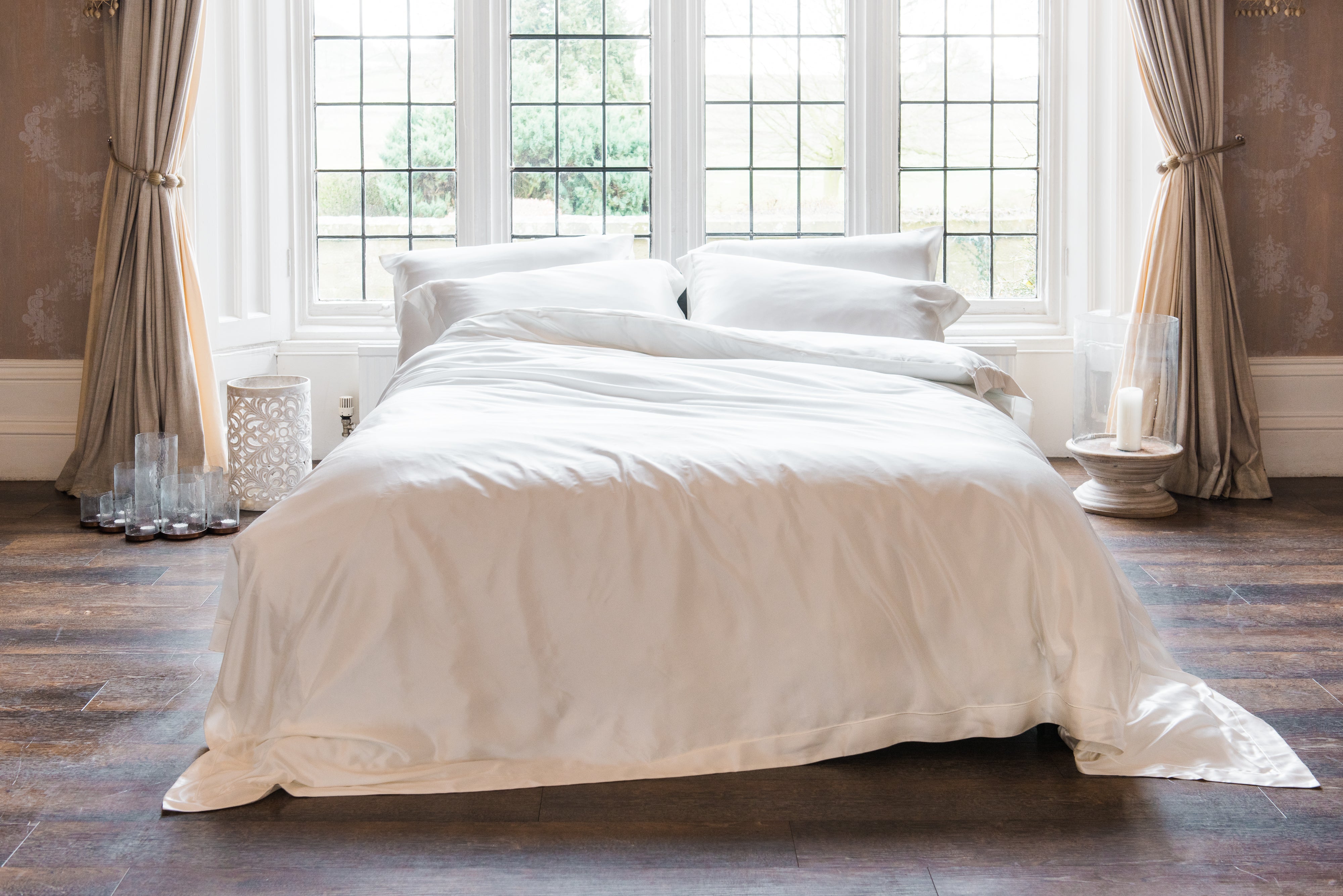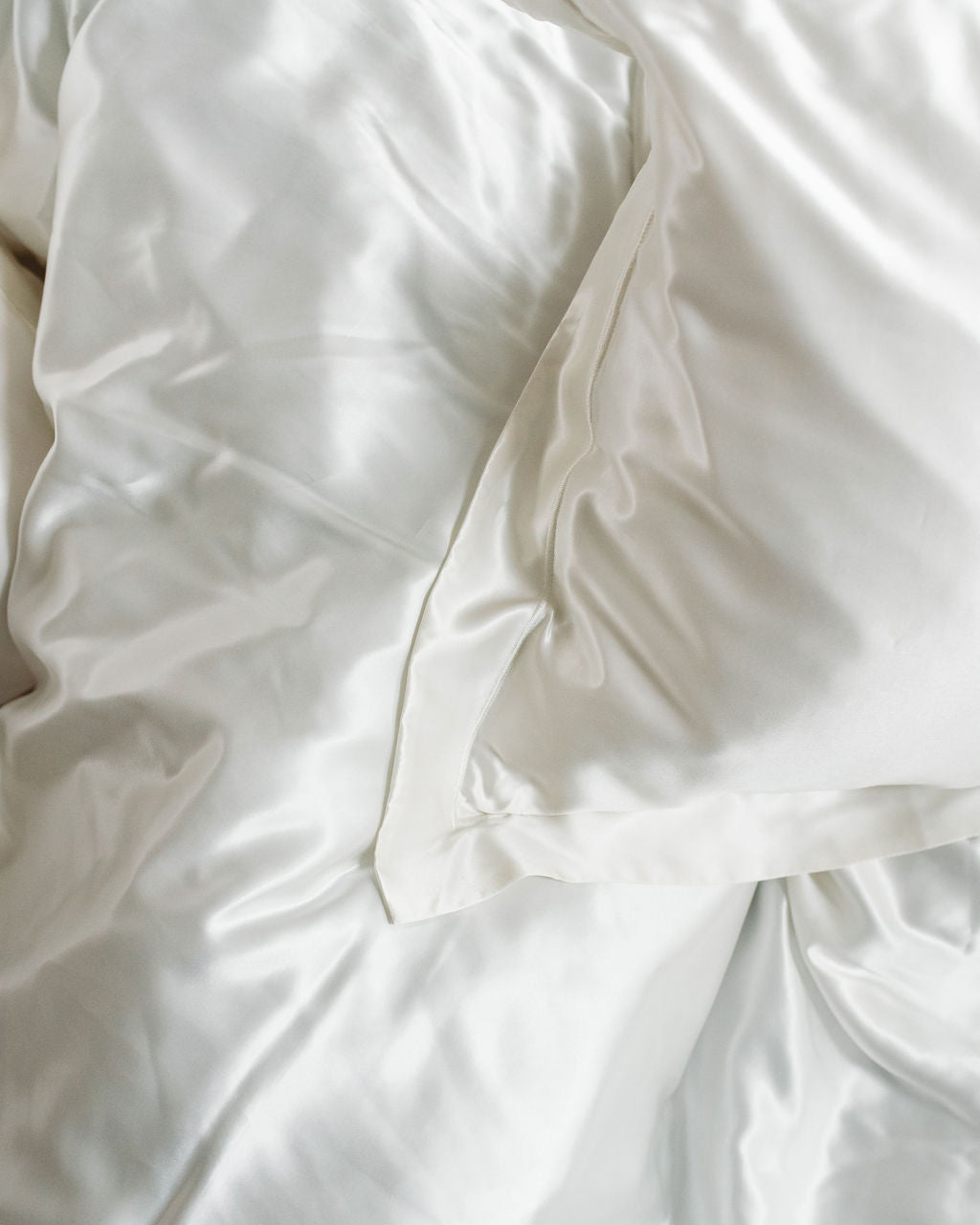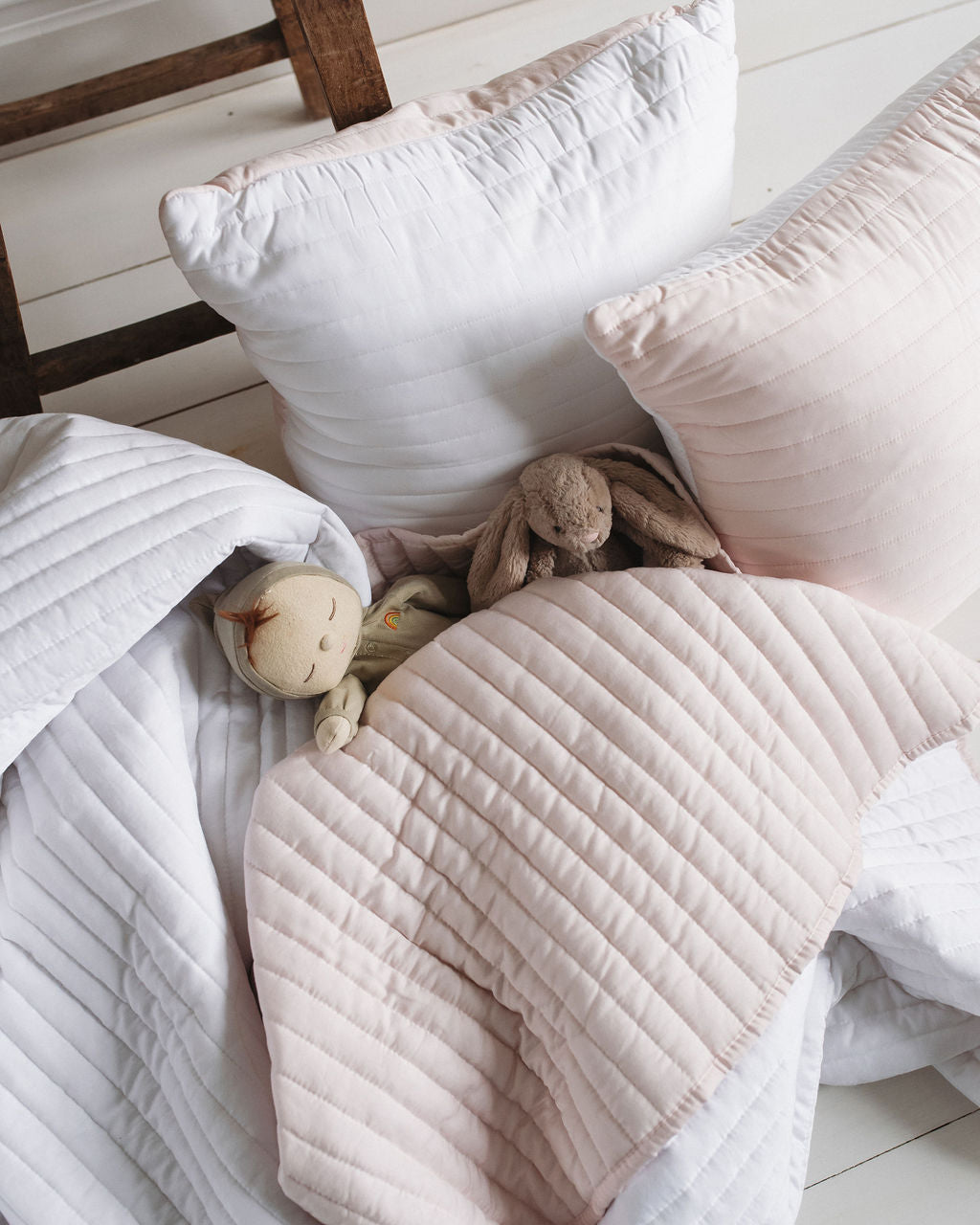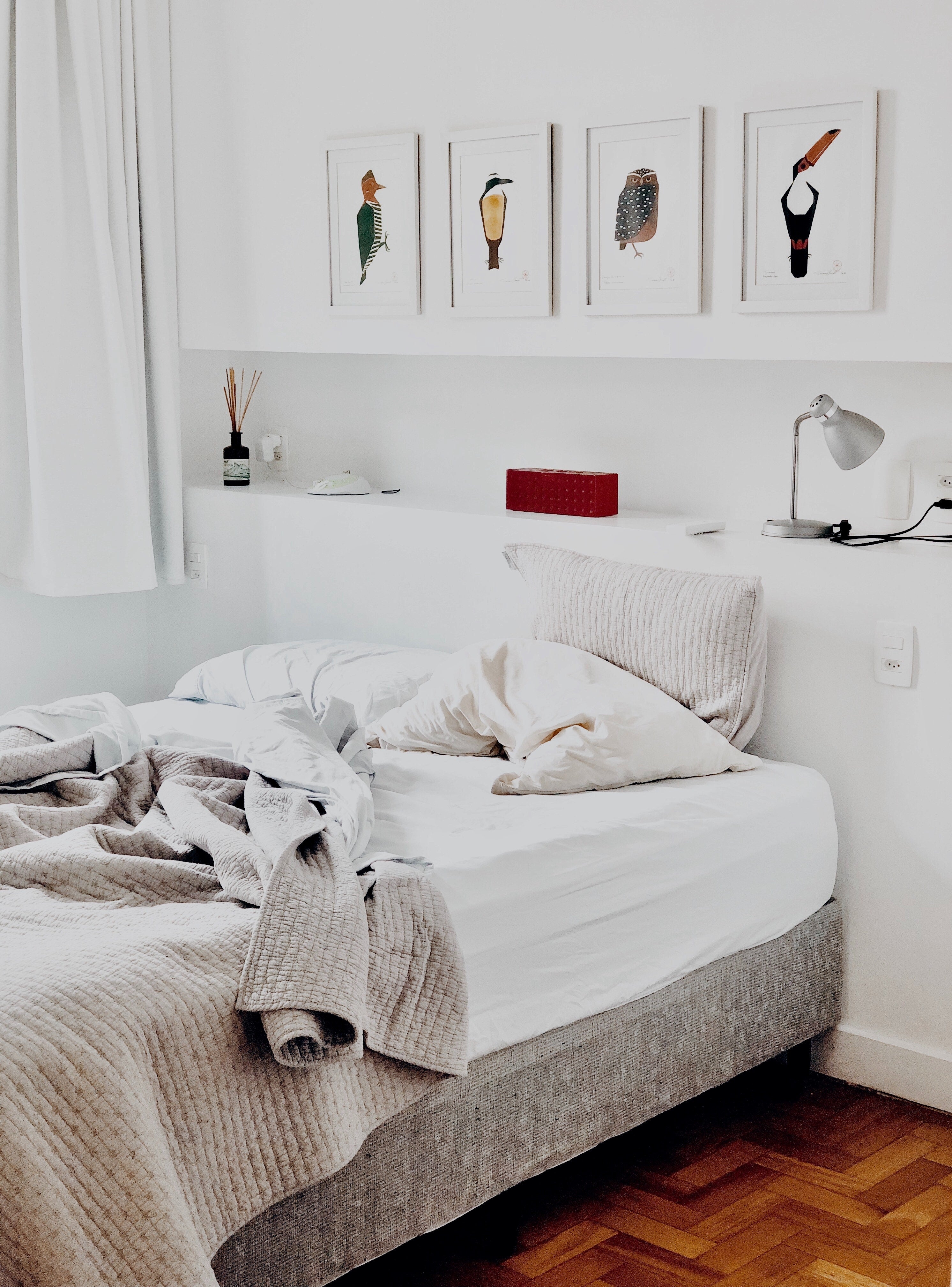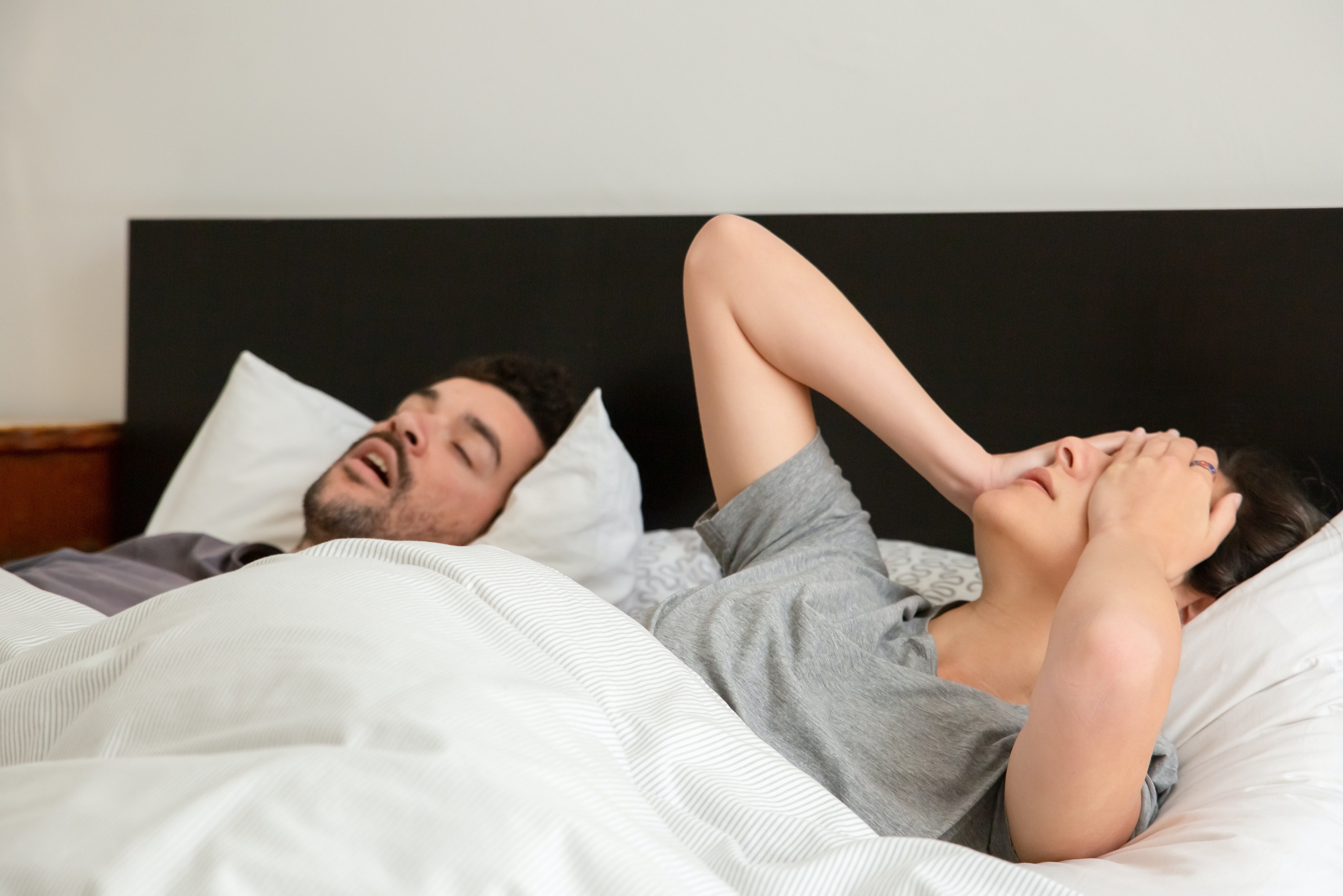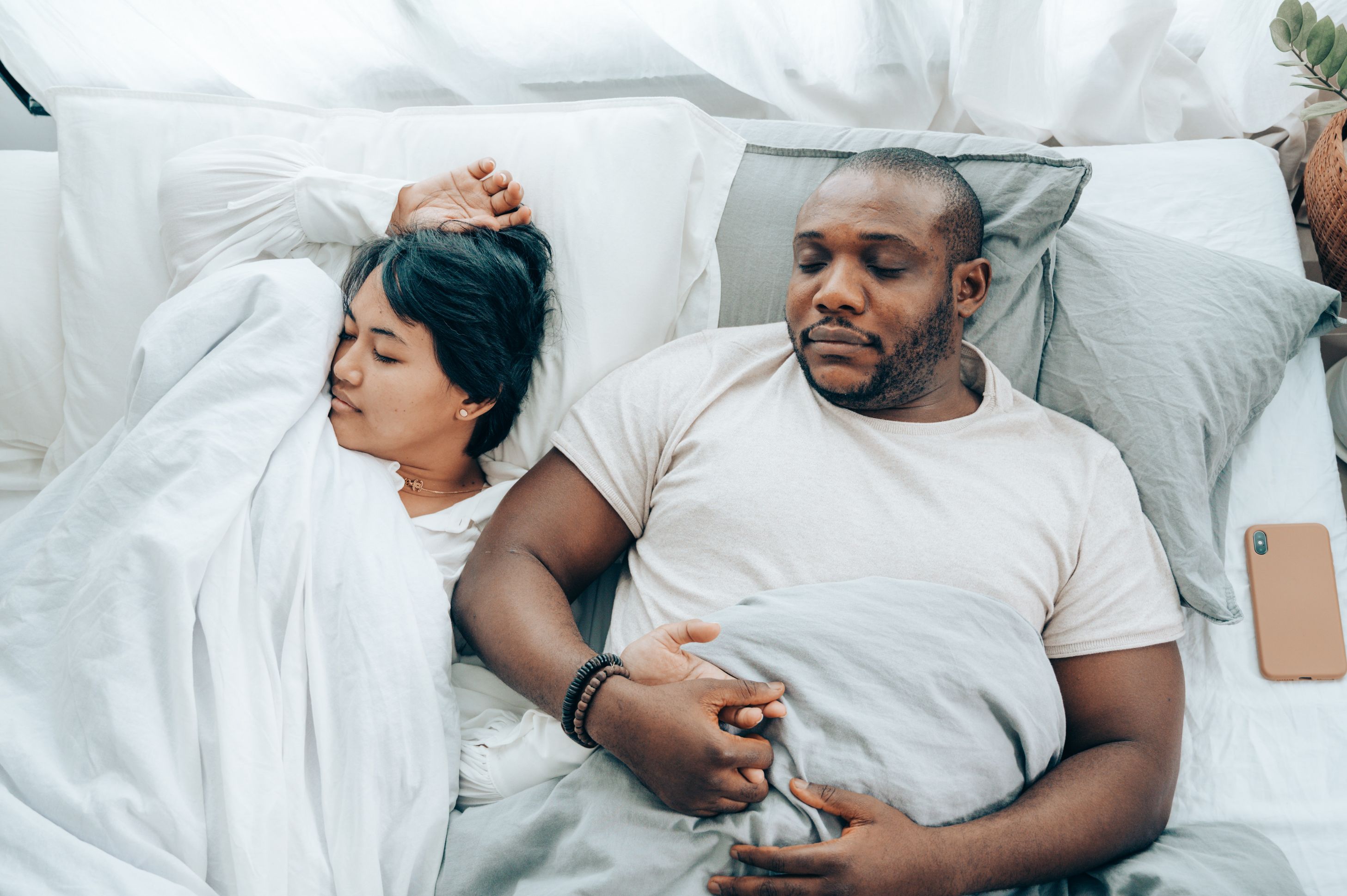
6 Things That Could Be Disrupting Your Sleep
Below are 6 things that could be causing you to have disrupted sleep… and we think some of them might surprise you.
Your diet
As the saying goes ‘you are what you eat’. And, when sleep is concerned, there are huge parallels between the quality of your kip and what you put in your mouth.
For example:
- Greasy foods are harder for your body to break down, which can cause disruption to your sleep if you eat greasy food at night.
- Chocolate has caffeine in it which can keep you awake (more on that below).
- Eating large meals (especially carbohydrates) late in the evening can make you uncomfortable when you go to bed and keep you awake as your digestive system gets to work.
- Sugary food can increase the levels of cortisol in your body, making it harder for you to fall asleep.
- You might think that having a few beers or a couple of glasses of wine before bed helps you fall asleep - and it probably does. However, alcohol can significantly affect the quality of your sleep, causing you to stir and wake up in the night, or simply much earlier in the morning that you’d like.
Your toothpaste
As strange as it may seem, this is genuinely true.
It has been proven that peppermint can affect your body in the same way as a stimulant: it makes you more alert. While that can be great when we brush our teeth in the morning, peppermint toothpaste may be causing people to become more alert when brushing their teeth before bed, contributing to bad sleep.
Try changing your toothpaste and mouthwash to something a bit less minty - you might just notice a difference.
Exercise
Not getting enough exercise during the day and exercising too close to bedtime can both cause disruption to your sleep schedule.
Exercising during the day - and particularly having a regular exercise routine - can help you fall asleep quicker and stay asleep longer. If you’re not getting regular exercise, you may find that it’s harder for you to get to sleep when you go to bed.
However, if you exercise too close to bedtime (e.g. less than an hour before bed) it can keep your body and mind feeling active. There are some types of exercise that shouldn’t be too disruptive to your sleep if you do them in the evening, though. These are walking, yoga, stretching, gentle cycling and gentle swimming.
Caffeine
We all know that caffeine is great for waking us up and has the potential to keep us awake at night. But did you know that it has an estimated half life of around 5 hours? That means that the caffeine from your 2 pm coffee, tea, energy drink or other source could still be in your system at midnight.
It’s also said that the older you get, the longer it takes for caffeine to exit your system. So, if you’re consuming caffeine in the afternoon, it could well be having some negative impacts on your sleep.
Your bedding
Our beds can get really dirty! Dust mites, bacteria, dead skin cells and other nasties all commonly hide in our bedding without us knowing. This can cause sleep problems, particularly for people with allergies.
Having clean and comfortable bedding can help you sleep better because you’ll be able to get cozy more quickly and you’ll get fewer allergic reactions. For more information, read our blog on Bedding Advice for Allergy Sufferers.
Our bamboo bedding and Lunesilk (60% bamboo, 40% silk) bedding is antibacterial, naturally hypoallergenic and extremely luxurious. That makes it a wonderful choice for people with allergies and people who have trouble sleeping (…and people who love excellent quality bedding!).
Your environment
Your sleeping environment and habits (a.k.a. your sleep hygiene) has a big impact on your quality of sleep. There are certain things you can do to your bedroom to make it optimal for a good night of kip.
Some examples are:
- Keeping your sleep space clean and tidy
- Keeping it between 15.6°C and 19.4°C
- Dim the lights
- Keep tech (e.g. phones, televisions, tablets) out of the bedroom
We’ve written a blog post about sleep hygiene - you can read it by clicking here.
At Lune Living, we know the value of a good night’s sleep. That’s why all of our bamboo and Lunesilk bedding products aren’t just eco-friendly, they’re people friendly. Our bedding for adults and children is comfortable, soft, antibacterial and naturally hypoallergenic, making it an excellent choice for a healthy sleep routine. Shop the range.

